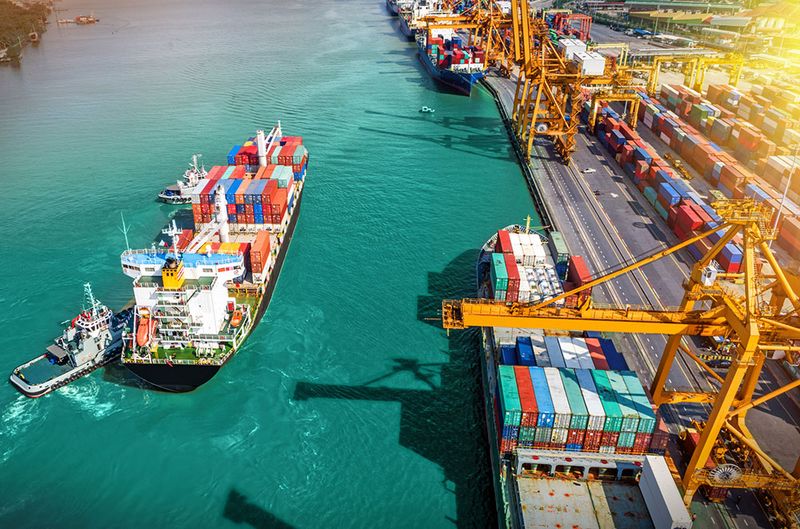The Supply Chain Due Diligence Act: Not only the name is challenging!
The Supply Chain Due Diligence Act (LkSG), in effect since January 1, 2023, determines the human rights and environmental due diligence obligations of German companies in global supply chains. It complements the existing sustainability framework. The new requirements must be integrated into the organization. The human rights-related risk management mandated by LkSG is linked to the company's existing risk management. What is crucial is the shifted focus on Inside-Out risks under LkSG, also known as double materiality.
Our advisory services along the supply chain
1. Impact analysis
The aim of the LkSG is to improve the protection of basic human rights in the supply chain and to prevent the disregard of occupational health and safety and work-related health issues. Affected companies must implement mandatory measures to achieve this. syracom supports you in understanding and classifying the content of the law and assessing how your company is affected.
2. Development of project structure
The more complex the supply chain, the more complex the implementation of the LkSG. syracom supports you in setting up a suitable project structure for your company. We work with you to define the initial situation, project objective, project scope, work packages, project plan, project organization and meeting structure. In this way, we create the conditions for your company to meet the legal requirements on time.
3. Project management
Depending on the complexity of your supply chains, project management for the implementation of the LkSG can become an extensive task. syracom supports you in project management for the implementation of the LkSG in your company. We work with you on the project to ensure that the legal requirements of the LkSG are fully implemented with the involvement of all stakeholders.
4. Expert advice
As part of the implementation of the LkSG, binding measures must be implemented in your company. syracom provides you with technical support in the conception and implementation of the topics of policy statement, risk analysis, risk management, complaints mechanism and adjustments to the reporting system.
5. Create awareness
The implementation of the LkSG can often prompt a reassessment of the supply chain, not only in supply chain management and operational purchasing but also in established supplier relationships. In addition to training measures, change management processes may also need to be introduced. This is where syracom can support you.
6. Integration into risk management
The most comprehensive measure is the establishment of a risk management system (including preventive and remedial measures) to avert potential negative impacts on human rights in your supply chains. syracom supports you in establishing an appropriate risk management system and integrating it into your existing risk management system.
Interest aroused?

Give me a call or write to me
Torsten Lutz
Product Manager Sustainability Consulting







